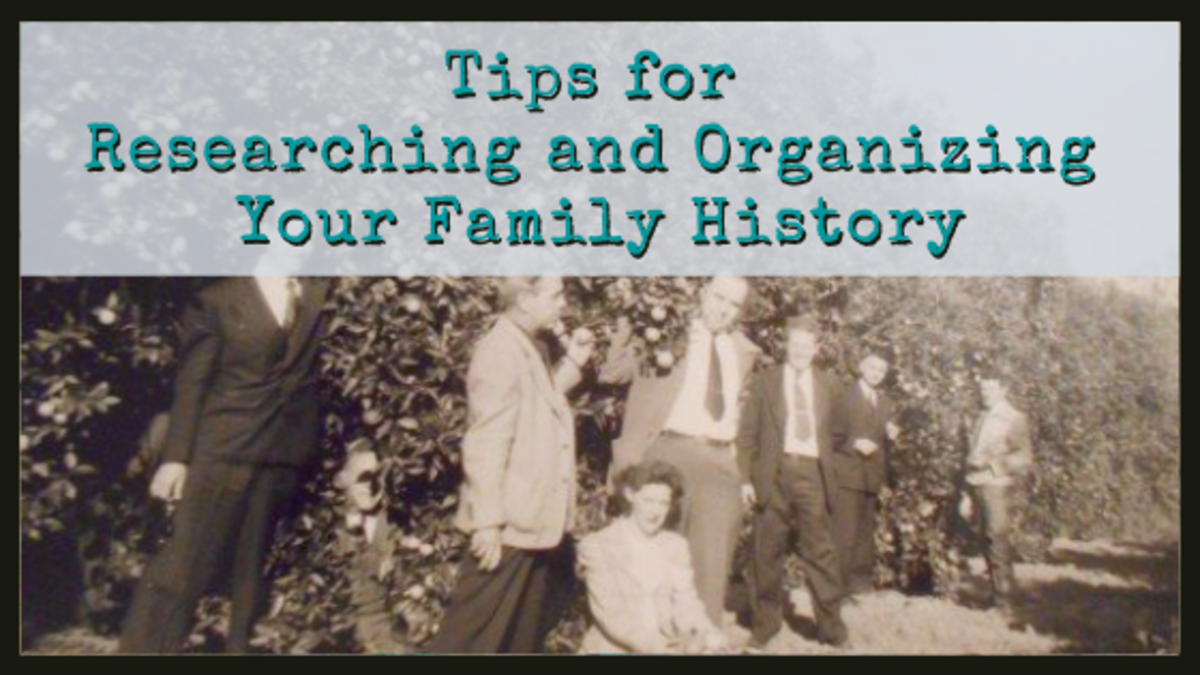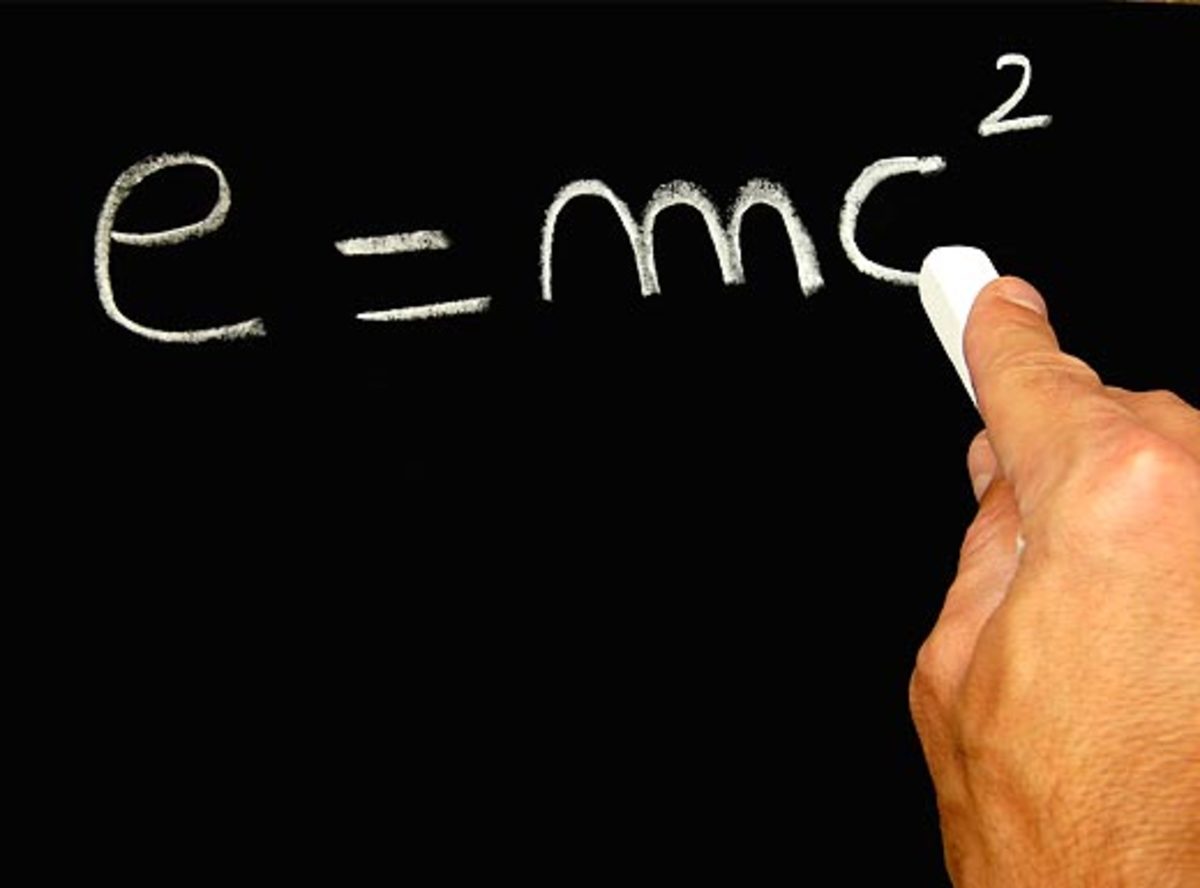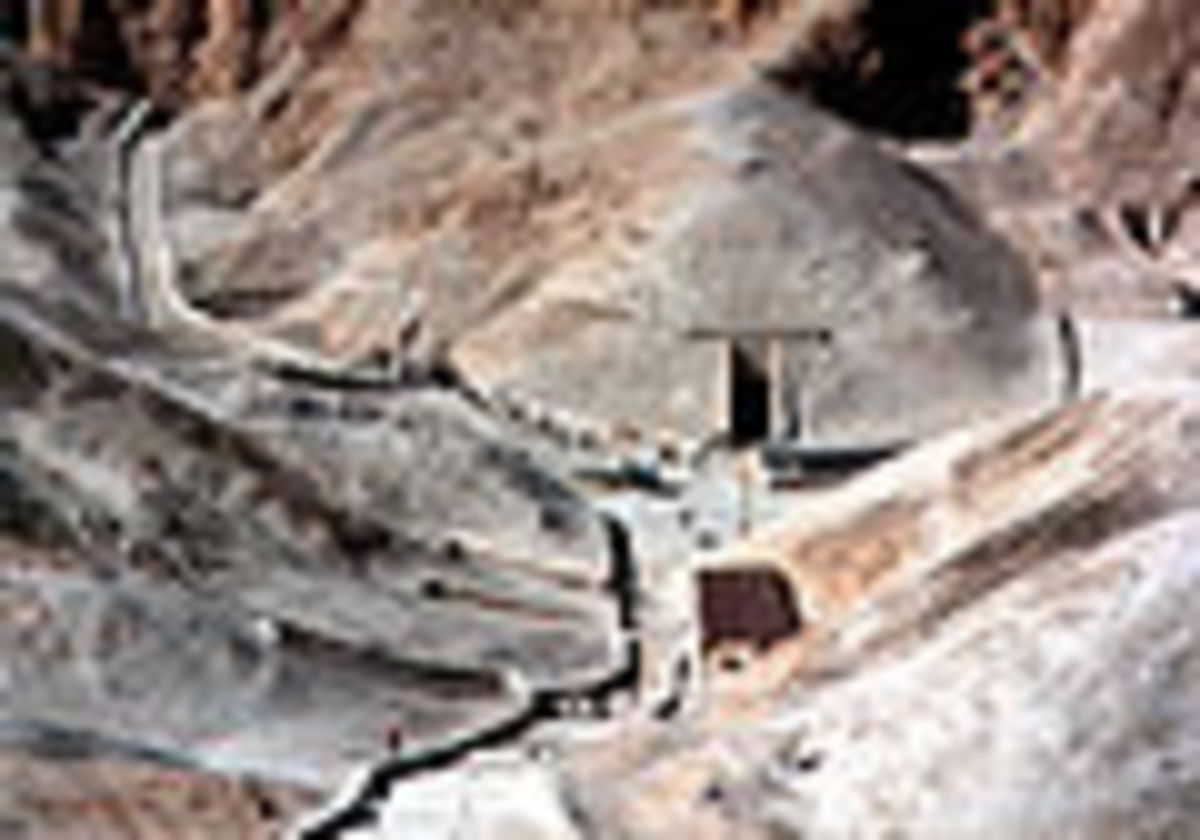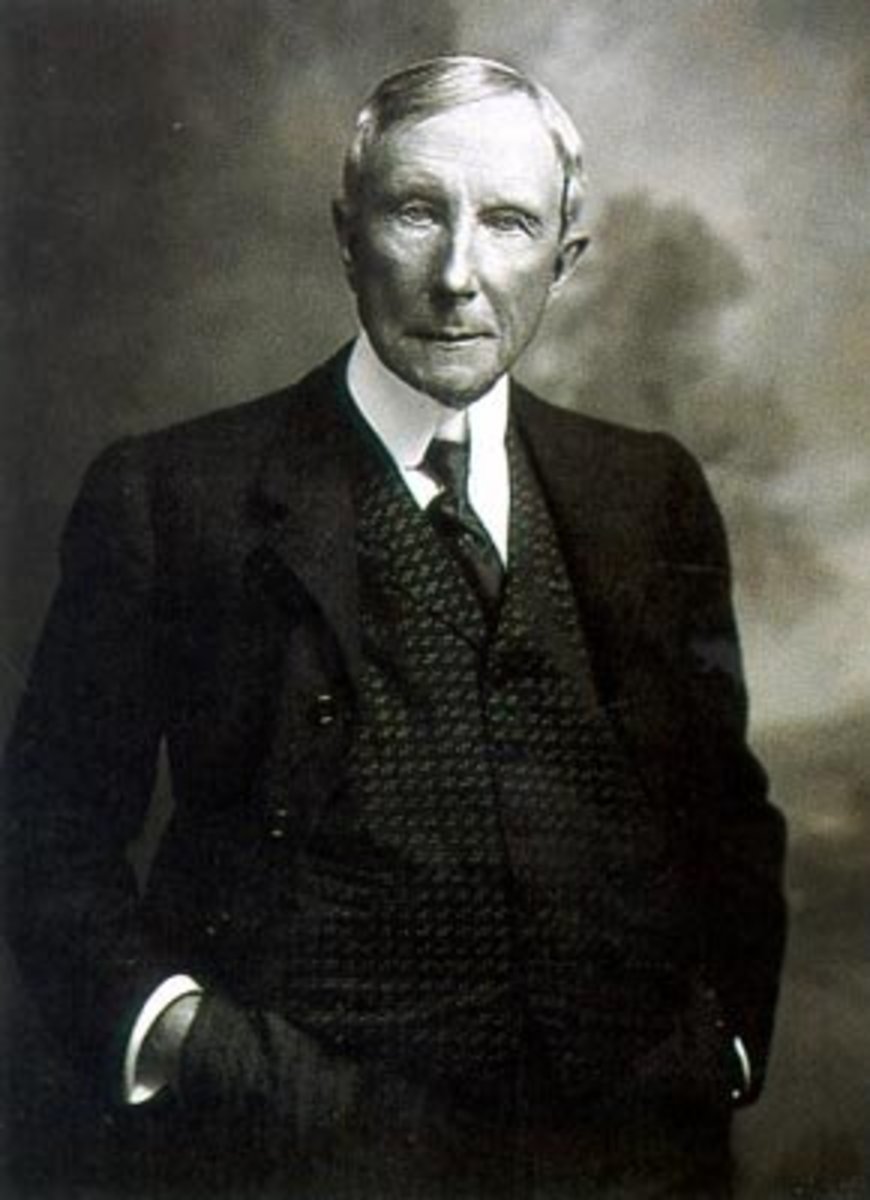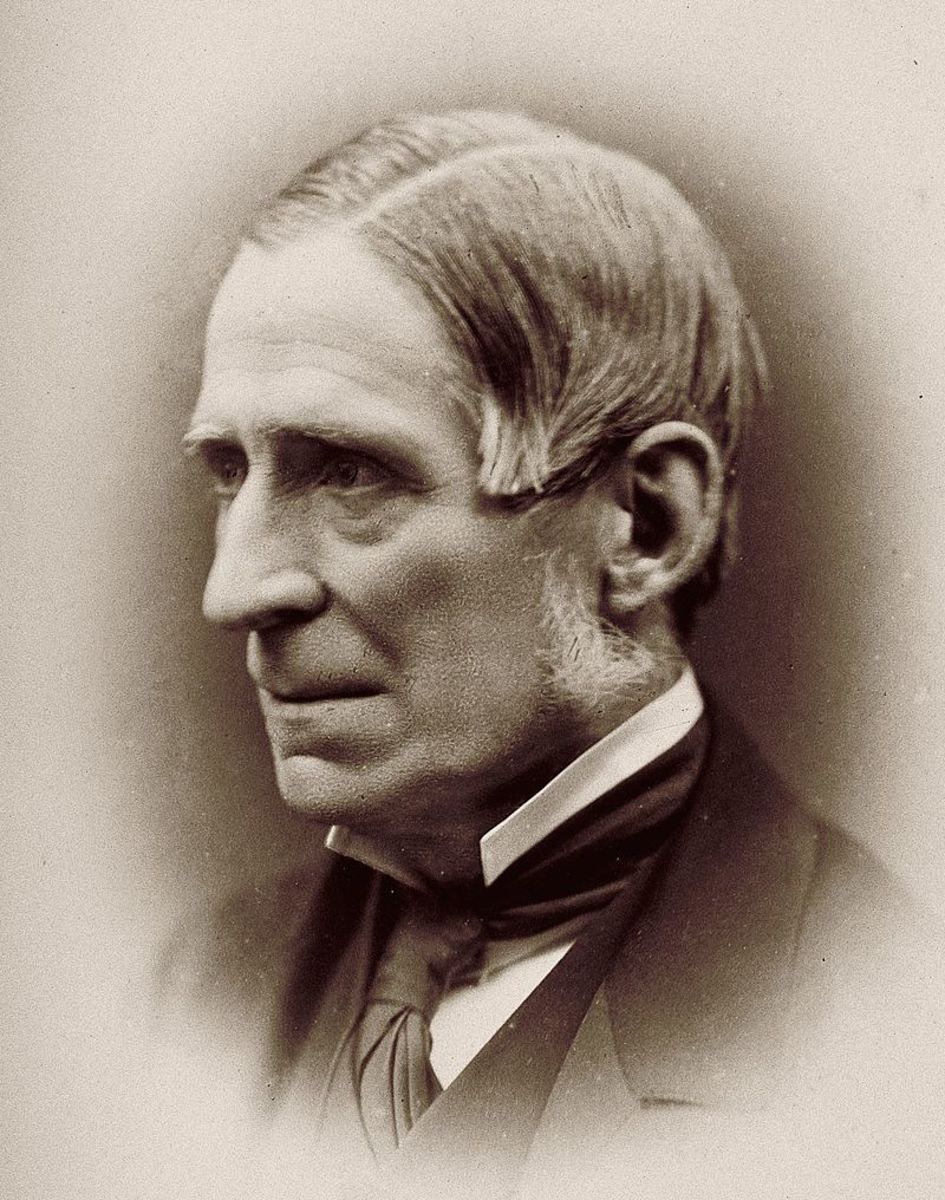There is No Such Thing as a Fact in Historical Research
I normally get lynched by angry mobs when I put this argument forward. The argument is simply this: history is based on the accounts of people and people very rarely tell the truth. Take a simple example like a road accident. If you compare eye-witness statements they will not agree. There should be a broad range of general agreement but details will differ - sometimes greatly. And these eye-witnesses are not even trying to lie, they are being completely honest but they can still be honestly mistaken or just honestly confused. This is the breeding ground of conspiracy. The assassination of JFK in front of loads of witnesses and some claim to have seen shots from the grassy knoll and others did not. Who is telling the truth? That is very difficult to tell.
The historical researcher has another problem: most things of historical worth go on behind closed doors and in many cases all the researcher has to go on are documents produced at meetings. These documents may be forged or even just editted. There was the case of Heseltine and the Westland helicopters. He claimed that he was warned away from trying to broker a deal with Westland. However, the minutes of the meeting did not record any such threat. A civil servant used to minuting meetings pointed out that the minutes do not and cannot contain the inflections of voice and context of the words which can easily change their meaning.
On top of these two problems, the historical researcher has yet another problem: the person or people writing the historical documents that will be sourced by the researcher have hidden agendas. The autobiographies of Julius Caeser were specifically designed as propagandist, self-promotion. Do they tell the whole truth? How can they? So the question is: how much truth do they contain and how can we prove that?
This is why there is so much disagreement in historical circles: researchers are free to question every source and so pick and choose which sources they like and which they do not.
There is a problem that is greater than any previously mentioned. The biggest problem that stops historical researchers from telling the truth is their own cultural preconceptions. In a recent TV programme, I heard a historical researcher claim that there was no way that Cleopatra could have committed suicide because a woman of such forceful personality would not have given up and chosen suicide instead of fighting back. Did you see the monstrous mistake that was made? She had interpreted Cleopatra’s personalities and beliefs in terms of 20th century America rather than 1st century BC Egypt. The researcher had completely missed the point because she forgot that Cleopatra was an Egyptian Pharaoh and therefore a living god. Taking her life did not end it, it allowed her to join the other gods who lived in the Belt of Orion. Death and therefore suicide held no taboo for her. In fact, it was a perfect way to ensure that she escaped from her enemies for ever. There may even be an argument about suicide as far as the Romans were concerned that made it a positive response to capture. Maybe the idea that you were prepared to take your own life rather than surrender showed that you were a hero even in defeat. Here you could claim that it was just an honest oversight and I may be prepared to agree. However, there is a more insidious version that permeates much historical research. The only way I can describe it is as a hidden form of colonial chauvinism. It is the accepted assumption that 21st Century White Anglo-Saxon Protestant America/Europe is the highest and best culture there has ever been and absolutely no other foreign primitive culture could ever have equalled us, let alone surpassed us. It is part of this view that our ancestors were dumb, stupid cavemen who had no idea of the world in which we live and which science has conquered and laid before us. Yet this is complete nonsense: our ancestors invented language and writing and architecture and mathematics and music. And they did not do these things once but many times all over the world.
So where does that leave us? Well next time some historical researcher says something, ask yourself these questions:
- What sources have they left out and why?
- How good are their sources in the first place?
- Are their sources truly able to tell the whole story?
- What 21st Century Euro-American preconceptions are they applying to their research without knowing and do they have any relevance to the period that they are examining?


